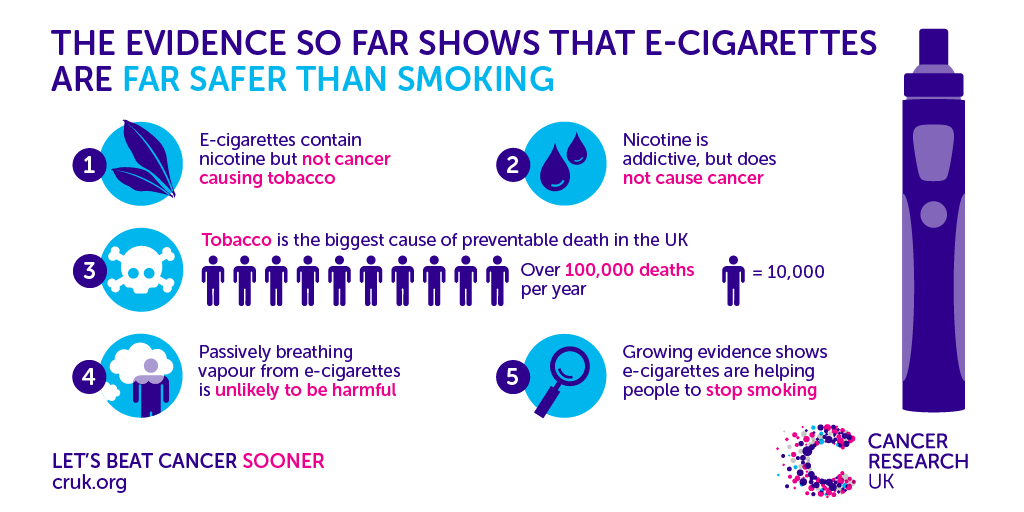Relative Harm Reduction Compared to Smoking
Electronic cigarettes do not offer health “benefits” in an absolute sense, as they are not risk-free. However, substantial scientific evidence indicates they present less harm to health than continuing to smoke combustible cigarettes for adult smokers who completely switch. The benefit lies entirely in harm reduction.
Reduced Exposure to Harmful Toxins
Key findings supporting the relative harm reduction potential include:

- Lower Toxicant Levels: Numerous studies, including comprehensive reviews by Public Health England (now OHID) and the US National Academies of Sciences, Engineering, and Medicine, conclude that e-cigarette users are exposed to significantly lower levels of carcinogens and other toxicants found in tobacco smoke.
- Improved Biomarker Profiles: Research shows that smokers who completely switch to vaping demonstrate measurable improvements in biomarkers associated with cardiovascular disease and cancer risk, approaching levels seen in abstainers over time.
- Airway Health: Some studies suggest improved respiratory symptoms (e.g., coughing, phlegm) and lung function parameters in smokers who switch to vaping compared to those who continue smoking.
Critical Nuances and Unanswered Questions
Despite the relative harm reduction findings, significant caveats remain crucial:
- Not Risk-Free: E-cigarettes expose users to nicotine (highly addictive) and other potentially harmful substances. Long-term health effects remain under investigation. Claims of “safe” or “healthy” are scientifically unsupported.
- Dual Use Nullifies Benefits: Using both cigarettes and e-cigarettes concurrently (dual use) offers minimal harm reduction compared to smoking alone. Complete switching is necessary.
- Youth and Non-Smoker Risk: There is no public health benefit, and significant risk, associated with youth or non-smokers taking up e-cigarettes. Nicotine impacts adolescent brain development.
- Not an FDA-Approved Cessation Device: While evidence suggests they can aid quitting cigarettes for some adults, they are not formally approved smoking cessation therapies like nicotine patches or gum.
The scientific consensus acknowledges the relative harm reduction of e-cigarettes compared to cigarettes for established adult smokers seeking an alternative or cessation aid, while strongly emphasizing their inherent risks and unsuitability for non-smokers and youth. This constitutes the core of the debated “health benefits” claim.








